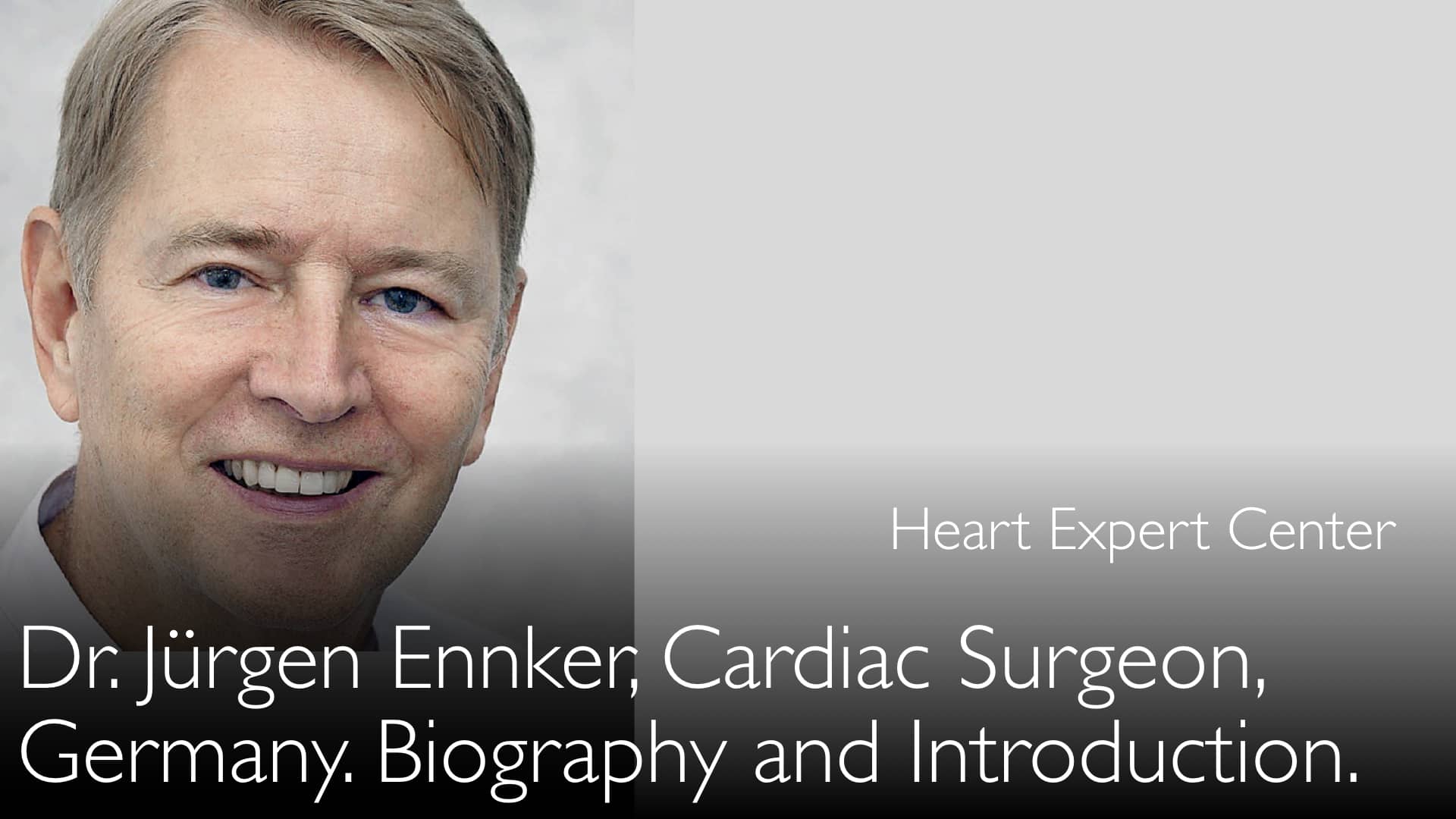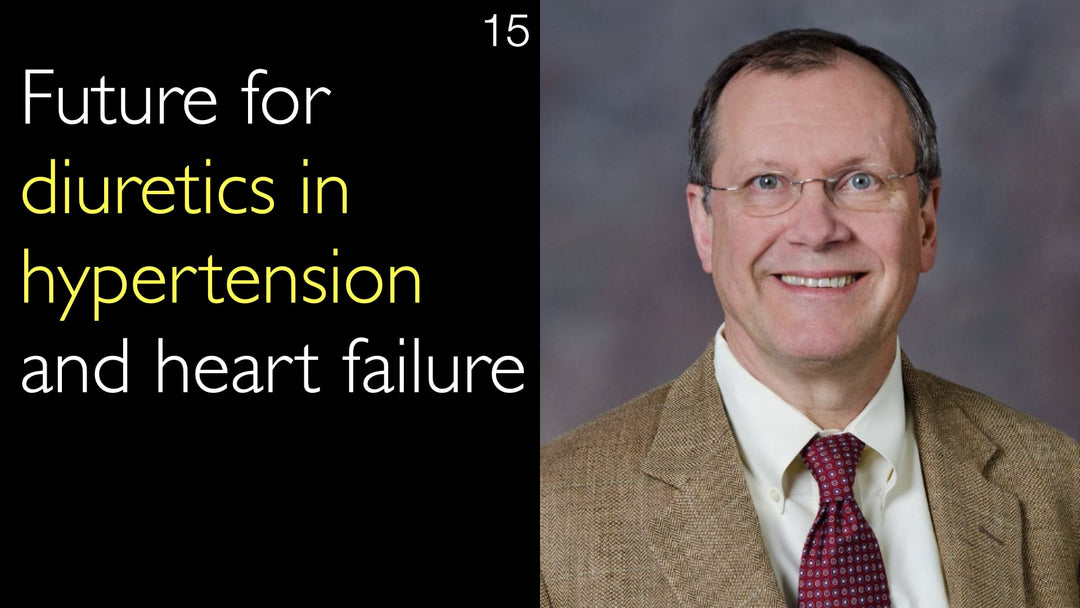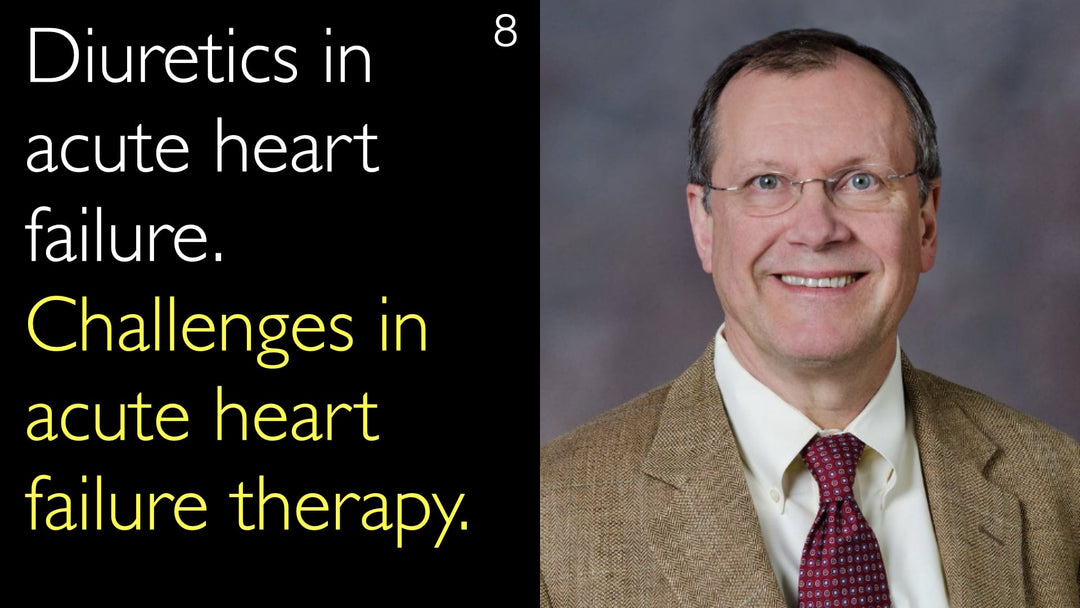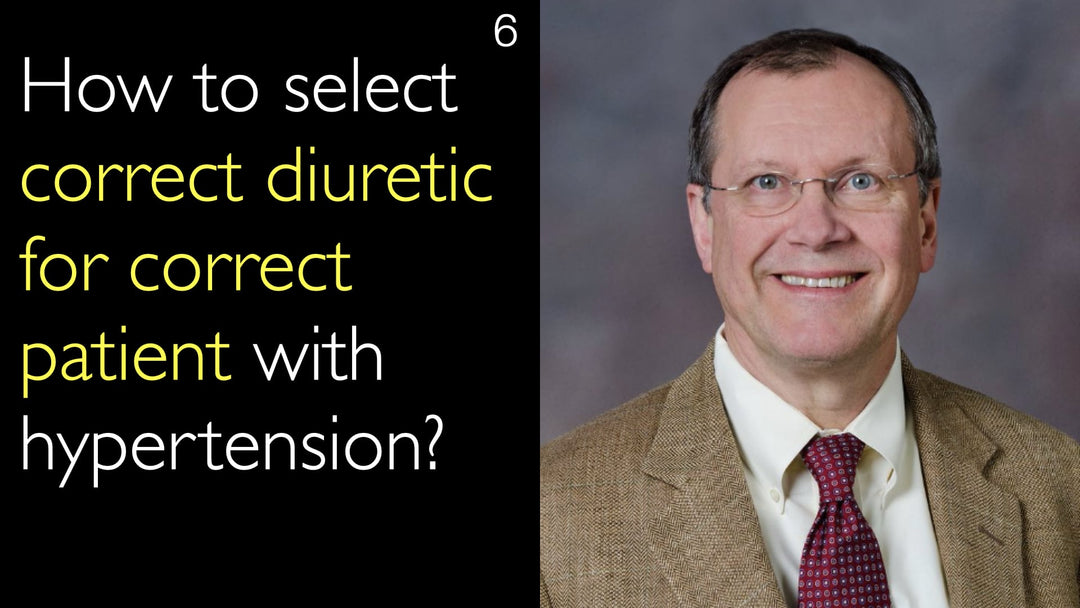Dr. Jürgen Ennker, en ledande expert inom hjärtkirurgi, förklarar fördelarna och riskerna med off-pump-kranskärlsbypassoperation (CABG) jämfört med den traditionella on-pump-metoden. Off-pump-CABG utförs på ett slående hjärta, vilket eliminerar behovet av hjärt-lungmaskin och därmed minskar risken för stroke och neurologiska komplikationer. Dr. Ennker belyser teknikens särskilda fördelar för patienter med njur- eller lungsjukdomar och understryker vikten av kirurgisk expertis för att uppnå bästa möjliga resultat.
Hjärtkirurgi utan hjärt-lungmaskin (OPCAB): Fördelar och risker
Hoppa till avsnitt
- Hjärtkirurgi utan hjärt-lungmaskin: En översikt
- Fördelar med OPCAB
- Minska risken för stroke vid CABG
- Betydelsen av kirurgisk expertis
- Patientresultat och säkerhet
- Fullständig transkription
Hjärtkirurgi utan hjärt-lungmaskin: En översikt
Dr. Jürgen Ennker, MD, beskriver utvecklingen av hjärtkirurgi utan hjärt-lungmaskin, som inleddes på 1990-talet i Sydamerika och sedan spreds till Nordamerika och Europa. Denna teknik, känd som OPCAB (off-pump coronary artery bypass), gör det möjligt för kirurger att utföra kranskärlskirurgi på ett slående hjärta utan att använda hjärt-lungmaskin. Ingreppet innebär att alla tre kranskärlen förses med graftar medan hjärtat fortsätter att slå, vilket undviker komplikationer förknippade med hjärt-lungmaskinen.
Fördelar med OPCAB
OPCAB erbjuder betydande fördelar, särskilt för patienter med njur- eller lungsjukdomar. Dr. Ennker framhåller att undvikandet av hjärt-lungmaskin minskar risken för cerebralt ödem och kognitiva brister. Patienter som genomgår OPCAB upplever ofta en snabbare återhämtning, jämförbar med den efter en blindtarmsoperation, utan de neurologiska biverkningar som är förknippade med traditionell kirurgi med hjärt-lungmaskin.
Minska risken för stroke vid CABG
Dr. Ennker betonar den minskade risken för stroke med OPCAB tack vare "aort-no-touch"-tekniken. Genom att undvika manipulation av aortan minimeras risken för emboli och efterföljande cerebral infarkt. Detta tillvägagångssätt, kombinerat med resektion av vänster förmak för att förhindra emboli från förmaksflimmer, minskar avsevärt incidensen av stroke hos patienter som genomgår detta ingrepp.
Betydelsen av kirurgisk expertis
Dr. Jürgen Ennker, MD, betonar den kritiska rollen av kirurgisk expertis för framgången med OPCAB. Ingreppet kräver precisions teknik och erfarenhet för att säkerställa patens och funktionalitet hos arteriella graftar. Avancerade verktyg och tekniker, såsom mätning av blodflöde och graftpatens, hjälper kirurger att uppnå optimala resultat och förbättra patientsäkerheten.
Patientresultat och säkerhet
OPCAB är förknippat med förbättrade patientresultat, särskilt för dem med allvarliga komorbiditeter. Dr. Ennker noterar att bibehållande av blodtryck och hjärtfunktion under operation ger realtidsfeedback, vilket säkerställer procedurens säkerhet och effektivitet. Patienter drar nytta av minskade neurologiska komplikationer och en snabbare återhämtning, vilket gör OPCAB till ett värdefullt alternativ för högriskindivider.
Fullständig transkription
Dr. Anton Titov, MD: Du har utfört tiotusentals ingrepp. Du har ett särskilt intresse för hjärtkirurgi utan hjärt-lungmaskin (OPCAB). Detta är en operation på ett slående hjärta. Det är tekniskt mer krävande för kirurgen, men OPCAB har fördelar för patienter. Jämför riskerna och fördelarna med OPCAB och traditionell kirurgi med hjärt-lungmaskin. Berätta om din erfarenhet av denna avancerade teknik för kranskärlskirurgi.
Dr. Jürgen Ennker, MD: Hjärtkirurgi utan hjärt-lungmaskin introducerades på 1990-talet i Sydamerika. Den kom sedan till utvecklade länder i Nordamerika och Europa med den så kallade MIDCAB-operationen. Detta innebär ett litet snitt på den laterala bröstkorgen för att utföra revaskularisering av den framre nedåtgående kransartären. Från denna så kallade OPCAB-procedur utvecklades en teknik för att grafta alla tre kärl på det slående hjärtat.
Fördelen är att du inte behöver hjärt-lungmaskin. Det är vad namnet "off-pump" innebär. Eftersom du måste kanulera aortan för att använda hjärt-lungmaskin kan detta leda till att debris från aortaplack lossnar. Detta kan i sin tur orsaka emboli, vilket kan leda till cerebral infarkt. Kranskärlspatienter analyserades i SYNTAX-studien. Frekvensen av hjärnstroke var 2,2%.
Dr. Jürgen Ennker, MD: Men med OPCAB-tekniken kan du använda den så kallade T-graften. Du implanterar LIMA (vänster inre bröstartär) till LAD (framre nedåtgående artär). Sedan implanteras en andra graft i LIMA. Detta görs med den så kallade aort-no-touch-tekniken. Du utför ingen aortanastomos. Då uppnår du noll stroke. Du har absolut ingen cerebral infarkt orsakad av hjärtkirurgin. Det är en stor sak!
Vi kan minska risken för stroke med OPCAB. Vi kommer att prata om det om en stund. Det är en mycket stor sak! Ja! Jag utför OPCAB. Jag resekerar alltid vänster förmak. Eftersom 90% av embolier från vänster hjärta kommer från vänster förmak.
Eftersom vi vid förmaksflimmer har trombosbildning. Ibland återgår patienten till sinusrytm. Då ejectas trombosen. Du får hjärnemboli (stroke). När du resekerar vänster förmak eliminerar du också risken för hjärnstroke. Så det är en annan punkt. Ingen aortmanipulation, resektion av vänster förmak, och då har du eliminerat två större riskfaktorer. Dessa kan leda till cerebral stroke och andra neurologiska komplikationer.
OPCAB-proceduren har många fördelar. De relaterar inte bara till neurologiskt utfall. Den kan göras på patienter med stora brister. Du kan utföra OPCAB på patienter med njursjukdom, med lungsjukdom. Undvikandet av hjärt-lungmaskin ger en betydande fördel. Detta har bevisats i litteraturen.
Dr. Anton Titov, MD: Naturligtvis behövs en erfaren hjärtkirurg. Den kirurgiska tekniken måste vara adekvat. Men vi har flera verktyg nuförtiden. Vi mäter blodflödet i artärgraften. Vi mäter patensen hos artärgraften och flödet i den. Du kan exakt säga att denna artärgraft är patent.
Litteraturen säger att 10 till 15% av kranskärlsanastomoserna har tekniska defekter. Du kan upptäcka problem i artäranastomos omedelbart. Det händer inte senare på intensiven via EKG eller hjärtenzymer. Detta är ett stort steg mot patientsäkerhet.
Dr. Jürgen Ennker, MD: OPCAB-kirurgi bibehåller alltid blodtrycket. Du har löpande EKG. Du har det kontraherande hjärtat. Dessa är också parametrar som säger att du är på den säkra sidan. Du kan vara säker på att din anastomos är tekniskt adekvat. Du kan vara säker på att patienten kommer att må bra på lång sikt.
Så du har feedback från patientens kropp, från hjärtat, under hela proceduren. Det är också en betydande fördel. Det är precis poängen. Patienterna vaknar upp i samma tillstånd som efter blindtarmsoperation. Efter användning av hjärt-lungmaskin vid kranskärlskirurgi skickas patienter till DT-scanning. Läkare ser cerebralt ödem som varar en tid. Du har mentala brister orsakade av hjärt-lungmaskin. Alla dessa är skadliga faktorer för patienten.
Du har inte dessa hjärnsvullnadsproblem med OPCAB-kirurgi. Så det är ett stort steg framåt. OPCAB har stora fördelar för allvarligt sjuka patienter. OPCAB är bättre för patienter med neurologiska brister. Dessa är fördelarna. Patienter drar stor nytta av OPCAB-kirurgi. Men nyckelfaktorn är kirurgen.
Dr. Anton Titov, MD: Kirurgen är den viktigaste prognostiska faktorn för patienten. Det finns naturligtvis också patientrelaterade kirurgiska riskfaktorer.








